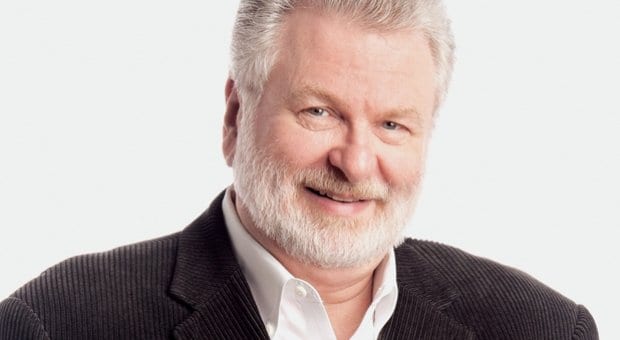“Language evolves” is the usual justification for bad grammar and malapropisms. It’s apparently how “gay” went from meaning happy and carefree to whatever it means now and how “queer” went from being a putdown to describing an entire community.
The last issue of Xtra featured another evolutionary twist in the language: “fag stags,” a butch way to describe straight men who hang with gay friends. Obviously a remaking of “fag hags,” though in my youth you seldom referred to a woman as a fag hag to her face. “You fag hag” might be hurled in anger in the midst of a tearful scene, but it sure wasn’t a term of endearment.
But our women friends took “fag hag” into their own hands and claimed the title with pride. The next thing we knew it was on everyone’s lips. And then it was passé.
As reported in my last two columns, a group of friends has been gathering every few weeks to discuss the origins and impacts of names and identities. The tongue-in-cheek title of our Facebook group is Who’s Queer Now? We have been struggling with the challenge of how to inclusively describe everyone in a “community” so diverse as to include homosexual men, lesbians, bisexuals, transgender men and women, intersex folks and the relatively recent identity of “gender variant.”
Is “queer” really the best we can do?
“I’m not queer,” avows 70-year-old Reg Manning, one of our town’s very senior drag performers and Vancouver’s Empress II. “It’s an ugly, ugly word.”
“I’m not queer either,” agrees 72-year-old Pamela Leaman, who transitioned in 1969. “I’m a heterosexual woman.”
“Queer” is repugnant to many elders (my 64-year-old self included) because it is the word we were most taunted with in our youth. Younger people might argue that abusive words are often “reclaimed” by a new generation. I can think of a number of words being “reclaimed” that would still never be used to identify a social collective or brand a community centre.
To show that we are not totally humourless in our debate, 1970s-era Gay Liberation Front co-founder Gordon Hardy, in response to Reg’s concern that there is no word exclusive to homosexual men, suggested we try “homonormative cisgender males.”
I recently discovered that, in a charmless effort to include everyone and offend nobody, the Committee of Progressive Electors uses “LGBTTIQQPP2S” to describe us all, in response to which Reive Doig, not a Who’s Queer Now member but a poster on a member’s Facebook discussion, opined, “When an initialism is harder to interpret than internet routing protocols it’s time to agree on a simple identifier.”
He suggests “Let’s Get Better Titles That Intelligently Quite Quickly Present Perspective 2 Society.”
And what about the group that Gordon says we keep overlooking in our discussions? The homosexual men and lesbians who are busy living their lives with partners, spouses, children, mortgages and careers, whose connection to the “scene” may be as casual as a twice-yearly visit to Celebrities. Do they feel, as I do, that “queer” is a word and a concept that has been foisted on us by a relatively small faction of academics and political activists that has nothing to do with their lived experience?
New York University professor and self-described “queer historian” Lisa Duggan has been cited as saying that “to be queer means to refuse the hegemony of domesticity, marriage, consumption and aspirations to middle-class prosperity.”
Thanks, Lisa, for pointing out how unqueer so many of us really are! And for assuming the authority to tell us that.
The Who’s Queer Now gang will get together one more time to work out the format and content of a larger conversation, as a next step toward a public community town-hall discussion. Our goal at the moment is to clear some ground and air some views in anticipation of the consultation process that Qmunity plans to launch later this year for the new community centre made possible by the $7 million endowment through the city.
At our next meeting, an Xtra reporter will take over the task of documenting these discussions, while, to my immense relief, I will return to rehashing old gossip. There are still stories to be told!
Here’s hoping that in our upcoming conversations we can leave the divisions engendered by our inescapable diversity behind as we create a safe space for all.
Including fag stags.
Read Kevin Dale McKeown’s previous columns on this topic:
Questioning the use of ‘queer’
Kevin Dale McKeown was Vancouver’s first out gay columnist, penning QQ Writes . . . Page 69 for the Georgia Straight through the early 1970s. Contact him at stillqq@dailyxtra.com.

 Why you can trust Xtra
Why you can trust Xtra


